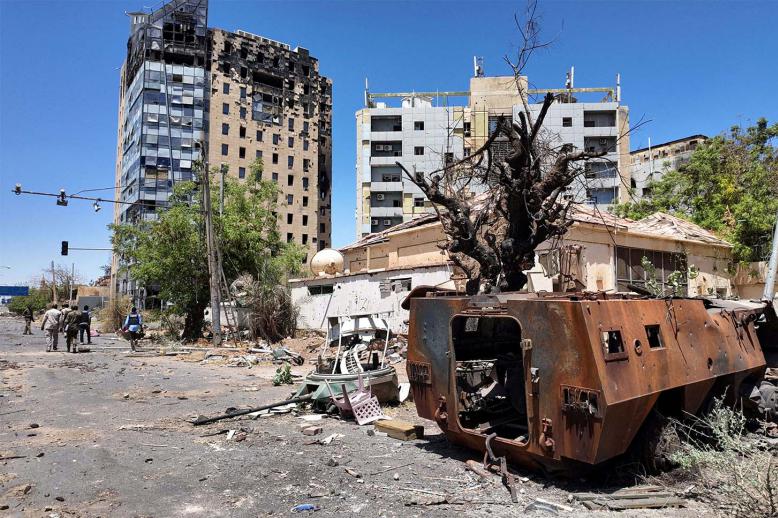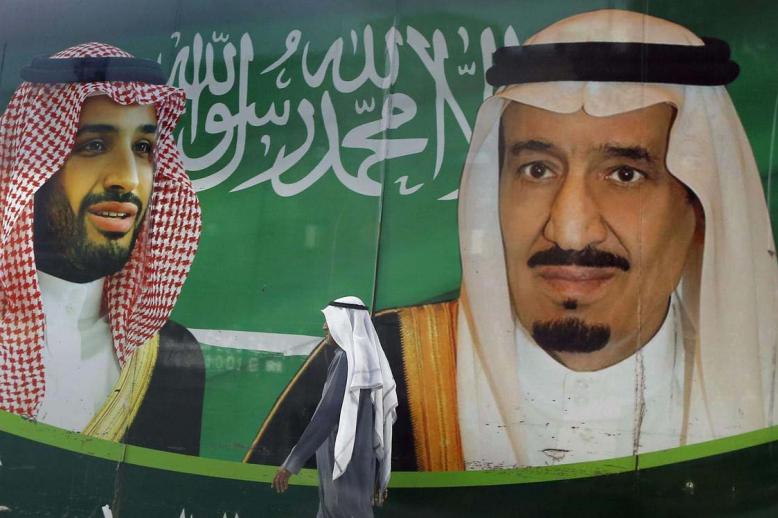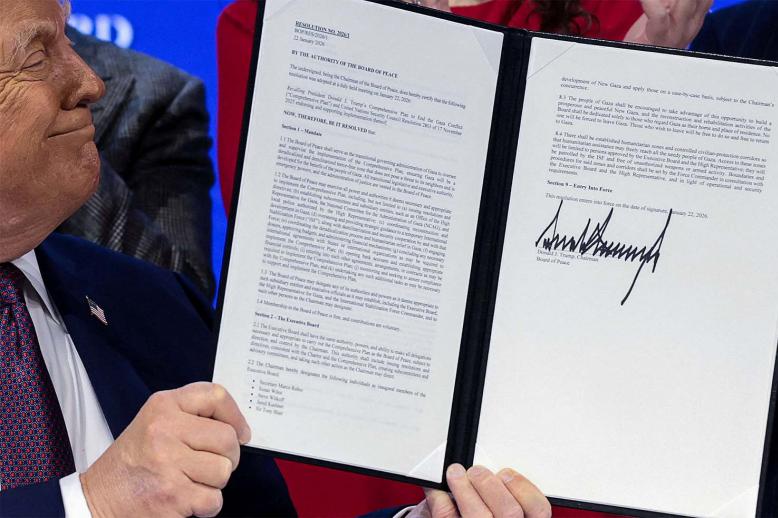Citizenship sale exposes Lebanese political hypocrisy
Throughout Lebanon’s 15-year civil war, much of the country’s internal debate centred on how the naturalisation of the country’s Palestinian refugees could be halted, with the predominantly Christian right-wing opposing the Palestinian Liberation Organisation within Lebanon and accusing it of working towards naturalising the Palestinians and establishing Lebanon as a surrogate state.
The post-civil war settlement in 1990 resulted in a clear amendment to the preamble of the Lebanese Constitution, dismissing the likelihood of either the settlement or naturalisation of any foreigners within the country. Nevertheless, following the outbreak of the Syrian crisis and the influx of more than 1 million refugees, the spectre of naturalisation has returned to the Lebanese stage with most Lebanese opposed to the idea.
This has led Lebanese cabinets to adopt xenophobic measures intended to make refugees feel unwelcome in Lebanon, barring them from work and limiting their ability to purchase property. Despite this anti-naturalisation policy, many non-Lebanese have acquired citizenship through a special decree issued by the Lebanon’s president, who, by the provisions of the constitution, has the discretionary authority to bestow medals, special pardons and, it seems, nationality.
As has become the custom, each departing president would have towards the end of his term bestowed this privilege on affluent Arab businessmen and their families — mostly Palestinian and Syrian — making it possible for them to own property and avoid the hassle of red tape and residency requirements.
These naturalisation acts were regarded as something of a retirement fund for any outgoing president, with the suspicion of significant bribes accompanying acts of presidential largesse. That such acts are ripe for criticism is beyond dispute, with Lebanon’s current president, Michel Aoun, and his Free Patriotic Movement being among the loudest past critics of any practice they suspect risks upsetting Lebanon’s demographic balance.
However, the recent naturalisation decree signed by Aoun, granting approximately 400 individuals Lebanese citizenship, unleashed a gale of criticism and deafening cries of hypocrisy. Chief among the allegations against Aoun are those of corruption, with payments totalling millions of dollars thought to have taken place, further exposing the hypocrisy of the anti-naturalisation camp led by Aoun.
Be that as it may, the real controversy surrounding this naturalisation act goes beyond mere financial skulduggery on the part of those involved, which coincidentally included Lebanese Prime Minister Saad Hariri and Interior Minister Nouhad al-Mashnouk.
The Lebanese government initially refused to disclose the names of those naturalised, claiming that such an ordinary decree is beyond the realm of public discourse, a claim refuted by the Access to Information Law passed by Aoun’s own parliamentary bloc in January 2017. The decree, which was signed May 11, was released to the public on June 7, leaving three days to contest it in front of the constitutional council.
However, as has become typical, where officialdom fails, social media succeeds and the gradual trickle of those beneficiaries of Lebanese citizenry has made its way into the public sphere.
Chief among them are the prominent Syrian businessmen who have provided the backbone to the Assad regime, giving it access to the financial network targeted by US and Western sanctions. Consequently, granting these individuals Lebanese nationality removes restrictions on them acquiring Lebanese property that can be used to hide or conceal ill-gotten gains. More important, as Lebanese citizens, they enjoy unmitigated access to Lebanon’s banking sector and its invaluable secrecy laws.
One could safely assume that the Lebanese are not overly surprised at the level of corruption and decadence enjoyed by their political class. However, allegations of individual corruption pale next to the huge risks these moves hold for the economic prospects of the country. The merest hint of Lebanon helping the Assad regime avoid international sanctions constitutes an open invitation to the international community and the US government to impose sanctions on the Lebanese banks and financial institutions.
As it stands, Aoun has declared his intention to reconsider this recent decree, delegating the Lebanese National Security Agency to investigate the names of the individuals and issuing recommendations that might lead to him reverse his position. No one familiar with how matters are settled in Lebanon would wager on a positive outcome of this review process, which will be equally shrouded in mystery and will likely lead to a widening of the schism between the Lebanese and their security institutions.
While the Lebanese Constitution does grant the president the authority to sign off on such decrees, the spirit of the law assumes the holder of these powers has the insight and fortitude to practise them wisely, placing the public good above all else, something that, unfortunately, doesn’t appear to have registered with Aoun and Hariri.
Such an imprudent move by the country’s leadership constitutes a clear breach of Lebanon’s dissociation policy that both leaders have pledged to upkeep, risking the further isolation of Lebanon regionally and internationally. Aoun and Hariri are playing a high-stakes game and it is Lebanon’s citizens, already suffering under years of economic and political mismanagement, who are unwittingly providing the stake money.
Makram Rabah is a lecturer at the American University of Beirut, Department of History. He is the author of A Campus at War: Student Politics at the American University of Beirut, 1967-1975.
This article was originally published in The Arab Weekly.







